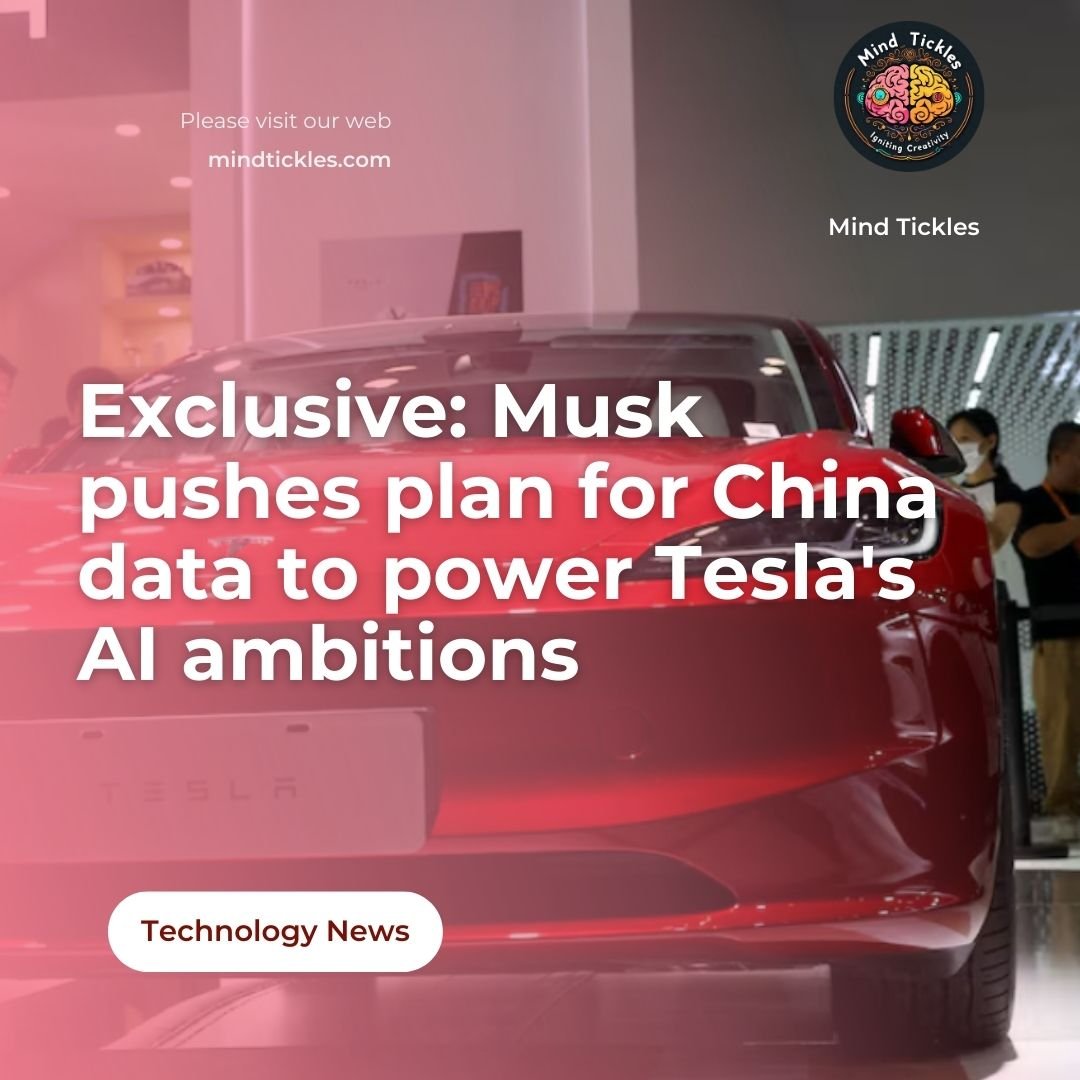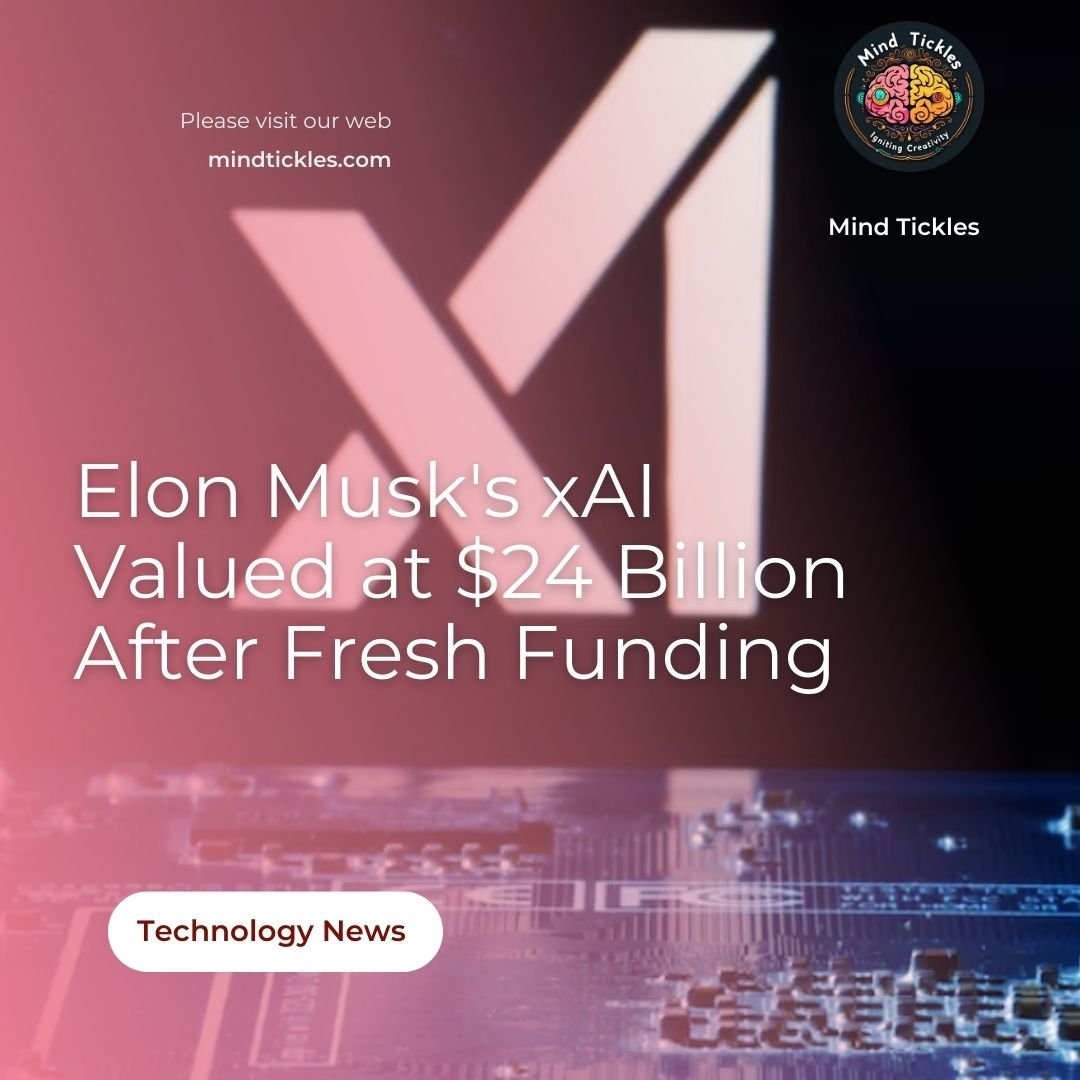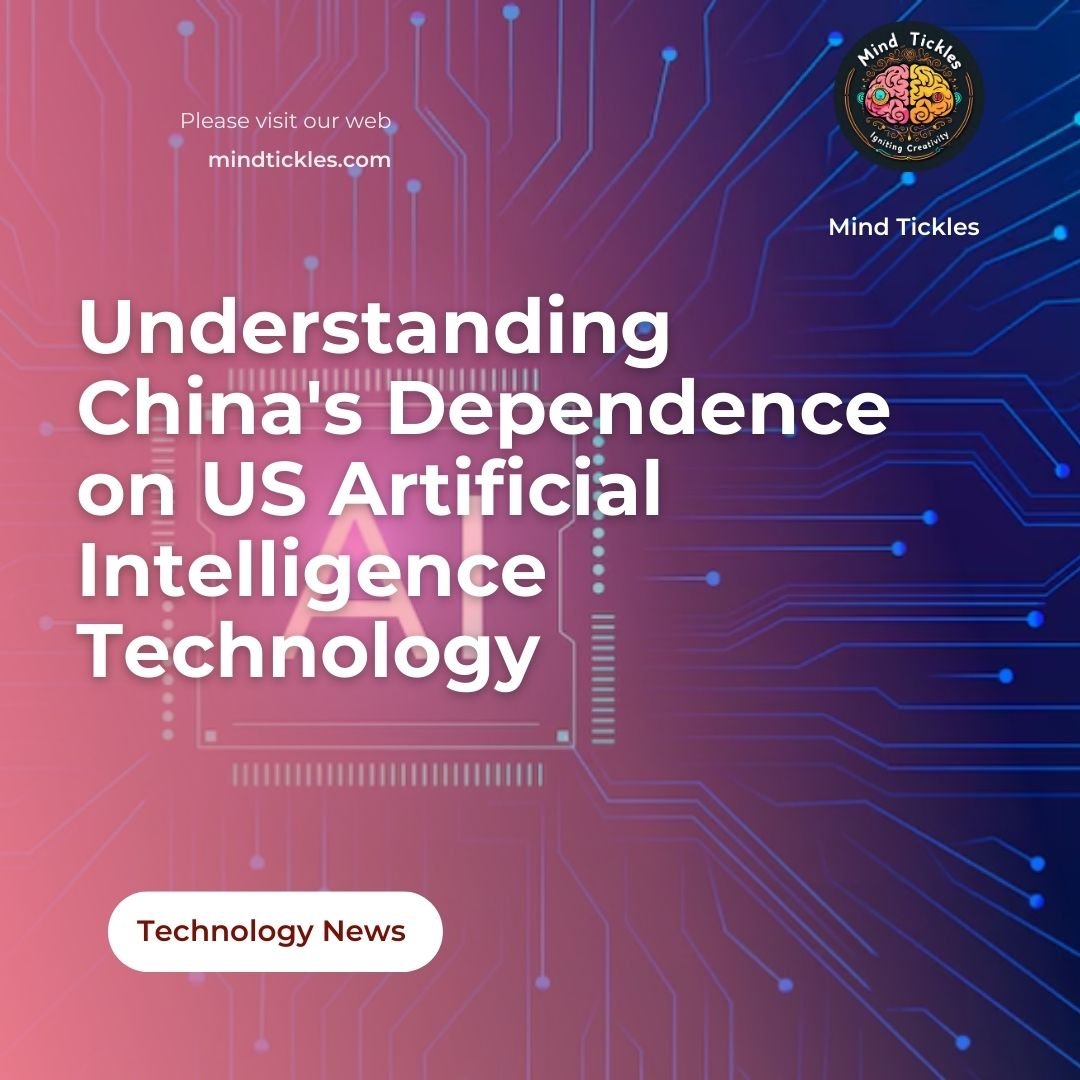Exclusive: Musk pushes plan for China data to power Tesla’s AI ambitions

Apart from Tesla, Elon Musk piloting through new waters to perfect the self-driving technology is another factor contributing to the company’s success. Chinese data has been the significant key to the company’s latest strategy development. It helps in reaching higher reliability levels of the recently launched Full Self-Driving (FSD) system. This step for sure is crucial for the company’s efforts to become the leader in the autonomous driving technology when it is getting harder than ever due to the market competition and legal rules and regulations.
Tesla’s Technology Transfer to China on AI Neuroscience Development.
Developing a Data Center in China
Tesla is making moves to create a data center in China, already announced to handle millions of driving data that the car manufacturer needs to improve the neural network behind this auto-pilot self-driving technology. This plan is viewed by the inside sources as a complete flip-flop of Tesla’s standpoint on transfer of data, which previously was going to the US only. Tesla is trying to make a point through the launching of local data centers that the potential in China’s rich data treasure, realised by its Tesla car users, is an important aspect to the company.
Navigating Regulatory Hurdles
This had been a precision and Chinese authorities alone can decide whether the data could be transferred out. Until recently, the major problem is that Tesla from china is storing the date from their EVs were in Shanghai while they were waiting be approved by the authority. The construction of the data center in China will not only help in the matter of local compliance but also adhere to the domestic data privacy laws passed in 2021, which entail heavy impacts.
The Significance of Chinese Data for AI Initiatives The World
Working through China’s Unique Traffic Dataset
Whether it is Chinese cities with their closed traffic patterns and complex traffic networks or Chinese suburban areas with slow-moving vehicles of limited autonomy, urban space in China has invaluable data for training autonomous driving systems. Through using this type of information, Tesla can drastically increase the system’s quality of FSD performance to a high level. The mixed transportation data of the Chinese cities will likely speed up the confusion of AI models that can efficiently respond to complicated driving conditions worldwide.
The Strategic Partnerships and the Hardware Sourcing
For implementing the data center, Tesla should consider some partnership with the local stakeholder. It is equally important not only to get through the resonant areas but where to source required hardware. Tesla is currently in negotiations with Nvidia as they are the source of the graphic processing units which are necessary for the function of the data centers. However, advance chips purchase difficulties, caused by U S. sanctions, is one of the major problems associated with that.
Tesla Data Strategy Consequences.
This is a clear goal for us, if we are able to maintain this trajectories and innovate in our production, strategic income and market position will be enhanced.
The positive result from the introduction of FSD in China will be very rewarding to Tesla by greatly improving its revenue. Up to now, the autopilot mode together with Complete FSD in China could give only for the cost nearly $9,000. The company can pick out the territorial data for automated system enhancement that will go a long way in speeding up the roll-out of FSD, an expanding market that will propel it ahead of local competitors as BYD.
AI Licensing and the Onset of a Broader Scope of Application of Artificially Intelligent Systems
Musk has just revealed plans to distribute his autopilot system known as the FSD to other Chinese EV manufacturers through a license agreement after his recent visit to Beijing. This tactic can even make Telsa a market leader in intelligential vehicles in China as Telsa’s permanent role in the autonomous vehicles. In contrast to the existing royalty based deals, licensing agreements would not only create additional revenue sources but also contribute to broader endorsement of Tesla’s technology.
Challenges and Future Outlook
Regulations and data privacy norms.
Complying with the regulator’s requirements has continued to be the top risk for companies operating in China. Tesla has to make sure strict rule following in all applicable local data protection laws so impose ruinous penalties can be avoided. The company’s actions demonstrate that it is ready to conduct data exchange without conducting further security confirmation, as a part of the pilot project in the Lingang Area of the Shanghai Free Trade Zone. Operational activities are still being sought in compliance with the regulations.
Long-term Perspective for Sutonomous Driving
Although the headway may seem overwhelming to outsiders, Tesla’s ultimate plan about autonomous driving is still clear. According to the specialists, autonomous vehicles would come in place in the next 3‐5 years, but this has to do with some variable factors. Currently, Tesla’s FSD and Autopilot systems are described as level-twos systems which in addition to driver supervision are also very dangerous. Nonetheless, as the perfection of these devices is being built on data collected on fast-tracked markets such as China, they could make the transition to higher levels of self-driving simpler.
Conclusion
This strategic move, by Tesla, seemingly to gather data for AI related work from China, could bring a fundamental and colossal revolution in autonomous driving. Regulatory constraints stand in the way of penetrating the Chinese market. As an initial measure to bridge the regulatory gap, Tesla may choose to set up its data centre in China and/or collaborate with local EV makers to make its technology available to the local market. In this way, Tesla has not only removed obstacles for entering the Chinese market but has also paved the way for substantial progress in self-driving technologyThis strategy reinforces the company’s engagement in bringing varied data sources across the globe which on the counterpart will influence their dominance in autonomous automotive industry.
Tesla’s recent strategic maneuvers in China underscore its ambitious drive towards perfecting autonomous driving technology. By establishing a local data center and navigating stringent regulatory landscapes, Tesla aims to harness invaluable Chinese data for advancing its Full Self-Driving (FSD) system. This strategic shift not only addresses local compliance but also positions Tesla at the forefront of AI technology in the global automotive industry. Elon Musk’s leadership is pivotal in steering Tesla through challenges like U.S. sanctions and hardware sourcing, while forging partnerships with Chinese EV makers enhances Tesla’s footprint in the world’s largest EV market. As Tesla accelerates FSD development and expands its Shanghai Gigafactory operations, the company’s commitment to innovation and collaboration with Chinese regulators and partners remains central to its mission of revolutionizing the future of mobility. and Tesla, under Elon Musk’s leadership, is pioneering fully autonomous vehicles with its advanced self-driving system, supported by a new data center in China for local data transfer. Negotiating with Chinese regulators and navigating U.S. sanctions, Tesla strategically shifts its focus on AI technology development and addresses EV demand globally. Parallel plans with Chinese partners and efficient sourcing of advanced chips highlight Tesla’s proactive approach amidst challenges. This initiative, supported by Premier Li Qiang’s vision, solidifies Tesla’s position as a premier automaker in China and beyond, marking a significant milestone since Tesla’s 2019 bet on Chinese EVs and AI technology.
3.5

If you want to read more information just visit –> Mind Tickles





